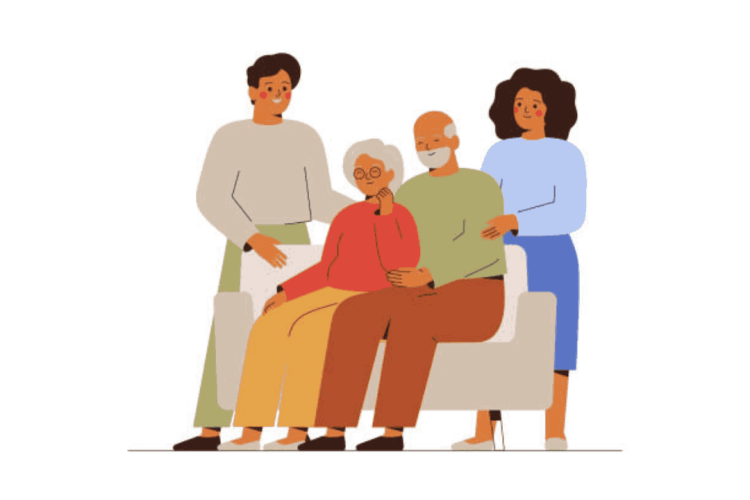
Do Siblings Make Parent Caregiving Easier? How Family Structure Shapes Stress and Support.
Hanamori F Skoblow, Megan Gilligan, Stressors and Resources Among Adult Child Caregivers in the Presence or Absence of Siblings, The Gerontologist, Volume 65, Issue 3, March 2025, gnaf006, https://doi.org/10.1093/geront/gnaf006
Caring for an aging parent can bring rewards and challenges. For instance, the experience can bring stress, emotional strain and financial difficulties, which can vary across different family structures. This study looked at how caregiving experiences differ between adult child caregivers who have siblings and those without siblings. The findings showed that only children faced more strain. Compared to caregivers with siblings, only children were older and more likely to live with their parent. They also reported lower well-being, more distress, and greater financial challenges from providing care. For caregivers with siblings, however, support from others boosted well-being, showing that siblings can help, even if they don’t remove all the difficulties.
The study included data from the National Study of Caregiving, which included 1,773 adult child caregivers across the U.S. Twelve percent of these adult caregivers were only children. The participants answered questions about their mental health, financial stress, emotional strain, and the types of support they received.
When comparing the two groups there were clear differences. Findings showed that only children experienced greater emotional and financial challenges due to care than caregivers with siblings. In addition, adult only children were more negatively affected by the emotional toll of caring for a parent. On the other hand, the adult child caregivers with siblings benefited from informal support which improved their overall well-being. Notably, siblings did not erase all challenges; both groups still reported distress and financial strain regardless of family structure.
The reason why this study is crucial is because more families are facing the realities of caregiving as the population ages and smaller family sizes become more common. For only children, the study results highlight the need for extra resources and support because they cannot rely on siblings to share the load. For caregivers with siblings, the study shows that receiving social support can ease stress. Therefore, implementing different programs and policies that provide financial relief and emotional support for caregivers can make a big difference. Overall, by understanding how sibling dynamics shape caregiving, we can better support adult children caring for their parents and promote healthier outcomes for families.